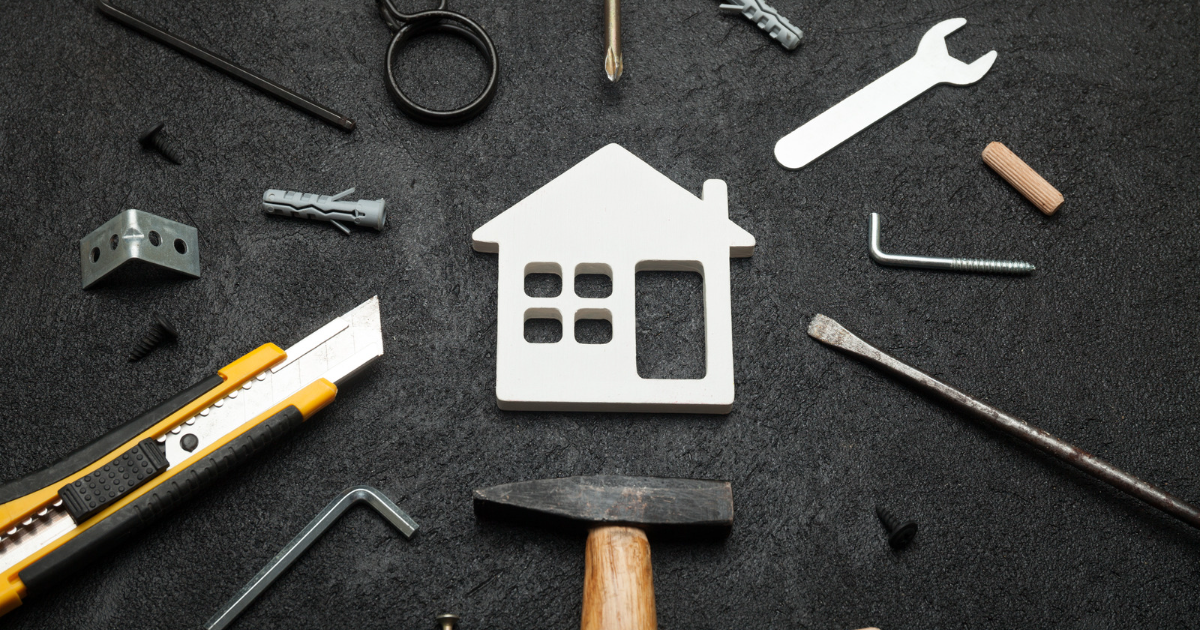A Complete Guide to Rental Property Repairs and Tax Deductions
A Complete Guide to Rental Property Repairs and Tax Deductions
Blog Article
Once you possess rental house, handling fixes and knowledge how they affect your fees is essential for economic success. The IRS offers unique guidelines for categorizing and subtracting property-related costs, which could right affect your bottom line. This article explains crucial points around how much can you write off for repairs on rental property, IRS rules, and connected deductions.
Repairs vs. Changes — What's the Huge difference?
The IRS makes a definite distinction between repairs and changes when it comes to hire properties. Fixes are believed expenses sustained to keep the home in its recent condition, while improvements enhance the property's value or significantly increase their lifespan.
•Fixes: Repairing a leaky sink, patching drywall, or changing a broken window. They are deductible in the exact same duty year the cost is incurred.
•Improvements: Adding a fresh terrace, upgrading an HVAC process, or remodeling the kitchen. These must be capitalized, meaning you withhold the fee slowly over several years through depreciation.
Finding that distinction proper matters. Misclassifying a marked improvement as a repair can lead to penalties or audits.
Are Fixes Fully Deductible?
Sure, fixes for the rental house are deductible, but ensuring submission with IRS principles is critical. These expenses could be deducted from your hire revenue, lowering your taxable money for the year. For instance:
•If you may spend $300 repairing a plumbing matter, that cost could be deducted fully in the entire year it's incurred.
•Small expenses, like painting or fixing a door hinge, also fall under deductible repairs.
Recall, just costs immediately tied to sustaining or fixing the home qualify as repairs.
Safe Harbor Rules for Little Landlords
Small landlords may benefit from the secure harbor election beneath the IRS's real house regulations. This provision enables landlords to deduct specific costs up to $2,500 per object or invoice without capitalizing them. If suitable, you are able to withhold fees like exchanging a broken machine or modest roofing repairs.

Report Everything
To safeguard your self during audits and ensure appropriate tax processing, complete documentation is essential:
1.Receipts: Hold comprehensive bills for several fix expenses.
2.Invoices: Obviously itemized records from contractors or fix services.
3.Photos: Before-and-after photographs that report the type of repairs.
4.Proof of Payment: Bank claims featuring obligations made for repairs.
Ultimate Idea
Understanding hire home fix deductions can help you save income, but IRS principles could be complex. Working together with a tax qualified ensures submission while maximizing deductions, causing you additional time to concentrate on handling your investments. Report this page